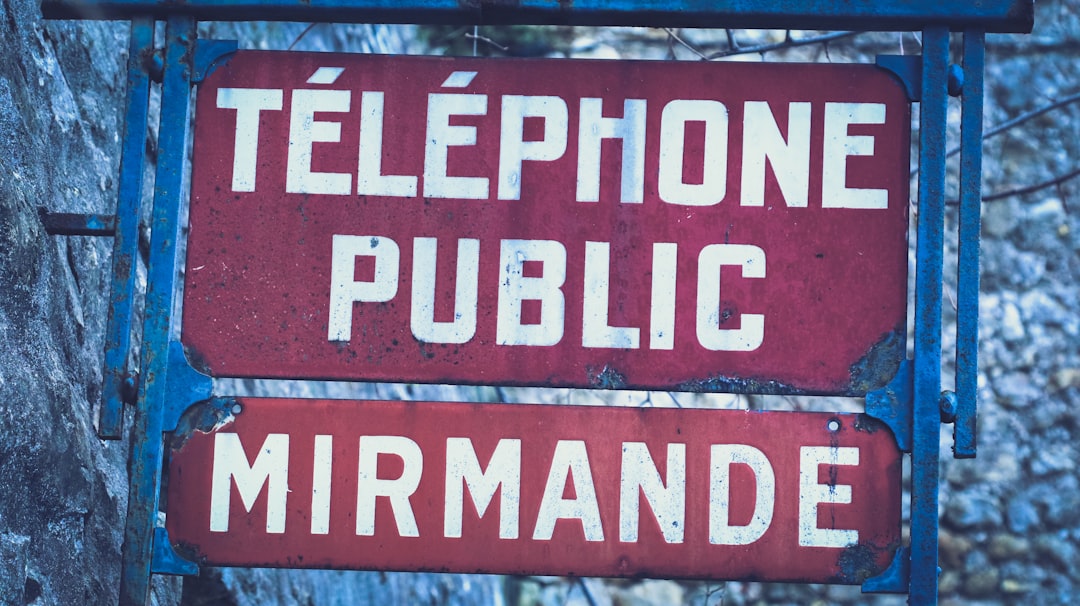In Illinois, robust anti-spam laws protect residents from unsolicited commercial text messages (spam texts). If you've received unwanted spam, consulting a spam texts lawyer Illinois is recommended. These lawyers can help you understand your rights, guide legal actions like filing complaints or seeking damages, and ensure compliance with the state's Consumer Fraud and Deceptive Business Practices Act. The Attorney General's office also enforces these laws through reporting, offering investigation and penalties for violators. Key exclusions include prior express consent and transactional messages, but expert guidance is crucial to navigate these complexities.
Illinois has strict electronic spam laws to protect consumers from unwanted text messages. This comprehensive guide delves into the state’s anti-spam legislation, clarifying what constitutes illegal spam texts and the rights of consumers. We explore key exclusions, safe harbor provisions, and the penalties for violators. If you’re facing issues with spam texts, finding a qualified spam texts lawyer in Illinois can be crucial to navigating these complex laws and asserting your rights.
Understanding Illinois Anti-Spam Legislation

Illinois has stringent anti-spam legislation in place to protect its residents from unwanted and deceptive messaging, including spam texts. The Illinois Consumer Fraud and Deceptive Business Practices Act prohibits businesses and individuals from using “unfair or deceptive acts” in their marketing strategies. This includes sending unsolicited text messages for commercial purposes without prior consent.
If you’re a resident of Illinois and have received spam texts, it’s advisable to consult with an experienced spam lawyer Illinois. They can help navigate the complexities of the state’s anti-spam laws and determine if your rights have been violated. These legal experts can guide you on taking appropriate action, such as filing a complaint or seeking damages for any harm caused by the unsolicited messaging.
What constitutes illegal spam texts in Illinois?

In Illinois, spam texts are defined as unsolicited text messages sent for commercial purposes or with the intent to distribute advertising or promotional content. These messages can include advertisements, sales offers, endorsements, or any other form of marketing communication. It’s important to note that while many legitimate businesses use text messaging for customer communication, the law draws a clear distinction between these and illegal spam texts.
A text message qualifies as spam in Illinois if it meets certain criteria, such as being sent without prior consent from the recipient or failing to provide an easy opt-out option. Additionally, sending spam texts in violation of the state’s laws can have serious consequences for businesses and individuals alike, potentially leading to legal action by affected recipients or penalties imposed by the state. Engaging a spam texts lawyer Illinois is advisable for anyone facing such accusations to understand their rights and navigate potential legal repercussions effectively.
Rights of Consumers and Penalties for Violators

In Illinois, consumers have robust rights when it comes to protecting themselves from electronic spam, including unwanted text messages. The state’s laws empower individuals to take action against violators who send unsolicited marketing or promotional texts. If a consumer receives spam texts, they can report the sender to the Attorney General’s office, which has the authority to investigate and take legal action. This process allows for penalties to be enforced against companies or individuals found guilty of spamming, including fines and other regulatory measures.
Consumers can also seek legal recourse through a spam texts lawyer in Illinois. These attorneys specialize in navigating complex regulations surrounding electronic communication and can help victims understand their rights and pursue compensation if necessary. By holding violators accountable, these laws ensure that consumers remain in control of their digital privacy and minimize the disruptive impact of spam messages.
Key Exclusions and Safe Harbor Provisions

In Illinois, there are several key exclusions and safe harbor provisions within the electronic spam laws that every resident and business owner should be aware of when dealing with unsolicited messages, particularly spam texts. One significant exemption is for messages sent with the prior express consent of the recipient. This means that if you have given explicit permission to receive marketing or promotional messages from a specific sender, they are not considered spam under Illinois law.
Another important safe harbor provision applies to messages sent for “transactional” purposes. Transactional messages include confirmations, receipts, and other similar communications directly related to a transaction between the sender and the recipient. As long as these messages meet certain criteria regarding content and format, they are generally exempt from anti-spam laws. However, it’s crucial to ensure that all electronic marketing initiatives comply with local regulations, and consulting a spam texts lawyer in Illinois can help businesses navigate these complex legalities effectively.
Finding a Spam Texts Lawyer in Illinois

If you’re dealing with an overwhelming amount of spam texts in Illinois, knowing your legal rights and options is crucial. One effective step to take is to consult a spam texts lawyer who specializes in Illinois electronic spam laws. These legal professionals are equipped to navigate the complexities of anti-spam legislation and can provide tailored guidance based on your unique situation.
Hiring a spam texts lawyer in Illinois offers several benefits. They can help you understand your rights under state laws, which often go beyond federal regulations. A qualified attorney will assess your case, determine if there’s a violation, and advise you on the best course of action. Whether it’s negotiating with the spammer, sending a cease-and-desist letter, or filing a legal complaint, an expert lawyer ensures that you take appropriate measures to stop unwanted text messages once and for all.






